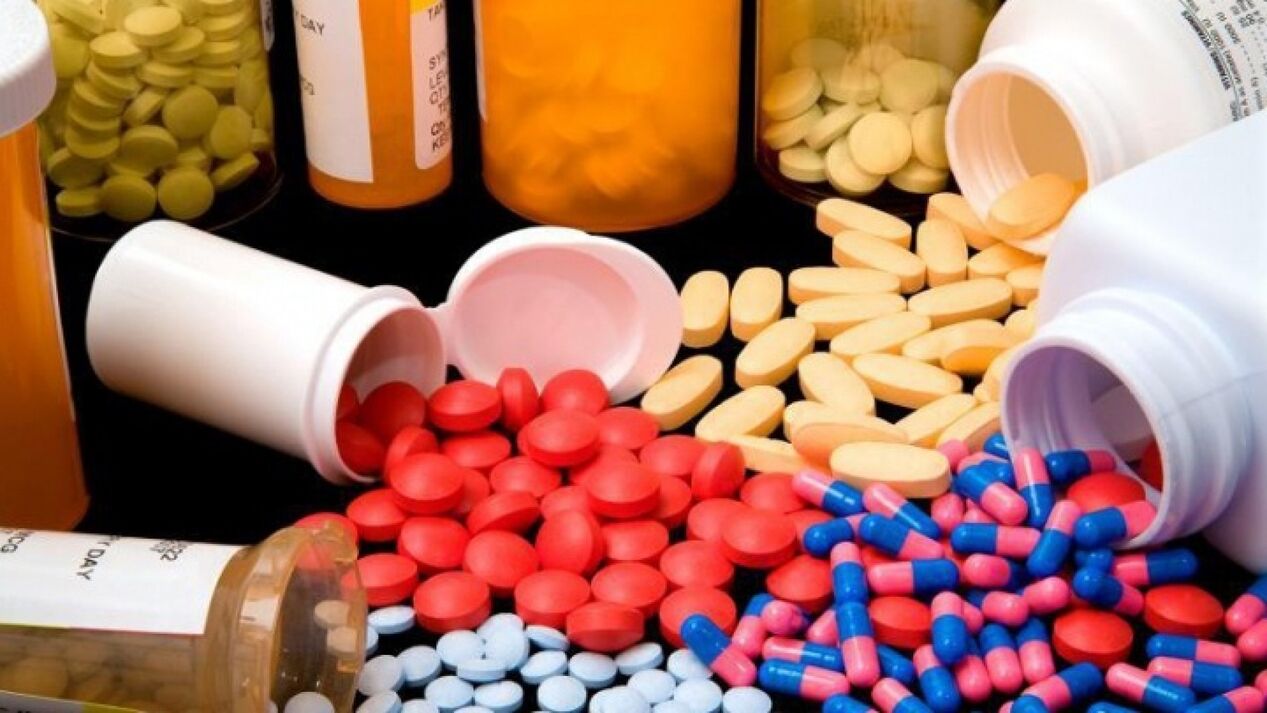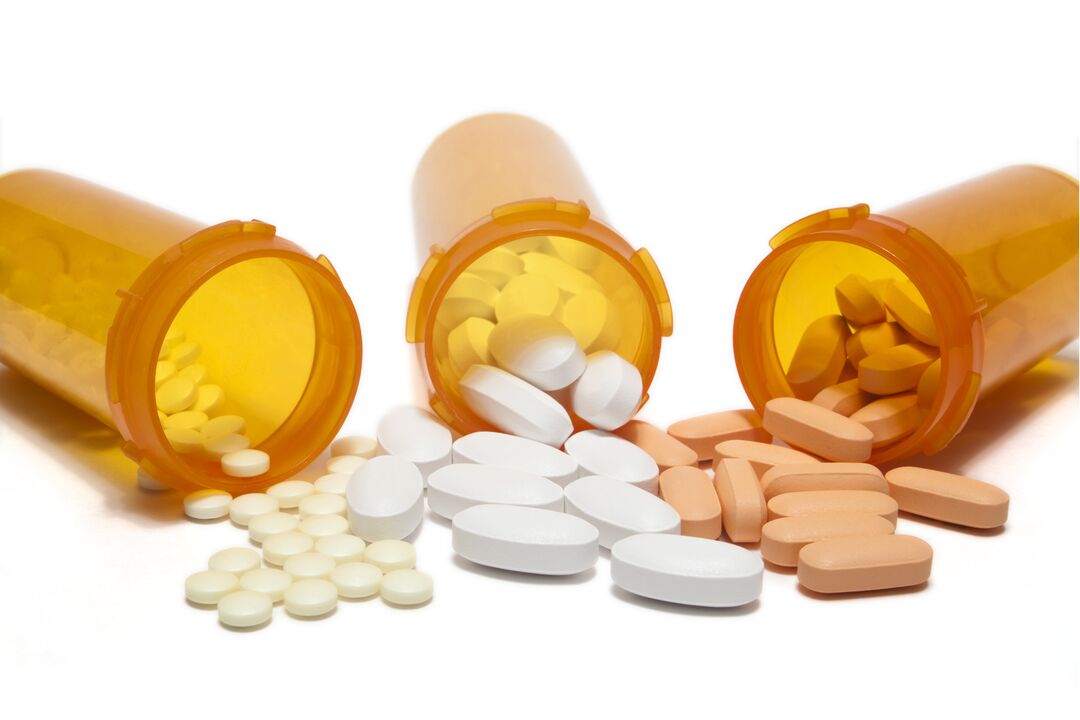Prostatitis is an inflammation of the prostate. This disease belongs to the category of men, and it mainly affects middle and old age men. Depending on the root causes, course characteristics, and the patient's individuality, the clinician chooses an effective treatment tactic with antibiotics—drugs that inhibit the vital activity of pathogens and speed the patient's recovery. Antibiotics for prostatitis are an effective means of eliminating the inflammatory process.
about the disease
Depending on the nature of the origin, an acute or chronic form of prostatitis is differentiated. The origin of the disease in acute prostatitis is an infection, namely bacteria, viruses. The chronic form develops with congestion in the prostate region or in the absence or ineffectiveness of the disease treatment. As a rule, the disease occurs with reduced local or general immunity and, in some cases, it becomes the main cause of male infertility.
Prostatitis is considered a very complex disease whose treatment is a long and continuous process. This is due to the peculiarity of the anatomical structure of the male organ, whose complexity makes the penetration of some drugs difficult. This contributes to the persistence of the infection and the development of the inflammatory process for a long time.
At the same time, the effectiveness of therapy largely depends on an integrated approach, whose main task is to restore the prostate's original structure and functionality. One of the methods of treatment is effective drug therapy, including the use of antibacterial drugs - antibiotics. Patients often ask themselves what antibiotics should they take for prostatitis?
Benefits of antibiotic treatment
The use of antibiotics in the treatment of the disease is considered one of the effective methods to combat the pathogenic flora, therefore, these funds are essential components in combating this insidious disease.
Antibiotic therapy has two goals, one is to destroy the source of the disease and the second is to eliminate the inflammatory process. Furthermore, the indication of antibiotics reduces the risk of secondary infection with nonspecific prostatitis.

Antibiotics for prostatitis are selected by the physician individually based on the patient's complaints and the results of laboratory tests, among which the following stand out: urine and prostate secretion, in addition to the antibiotic sensitivity study.
There is a misconception that there is an effective antibacterial drug that can eliminate the inflammatory process and get rid of prostatitis. Currently, several antibacterial agents have been developed and released for production, which affect one or another type of pathogen.
As a rule, the course of treatment developed by the treating physician lasts an average of 1 to 2 months, and the main therapeutic method is treatment with antibiotics for prostatitis, which are individually selected depending on the type of pathogen detected in the body.
antibiotic groups
It has long been proven that treating prostatitis with antibiotics, regardless of which groups they represent, rapidly alleviates acute inflammation. However, before prescribing a specific drug, bacteriological inoculation of prostate secretion is necessary for pathogen sensitivity to a specific drug.
In most cases, or in the absence of the possibility of testing, the doctor prescribes broad-spectrum antibiotics. They suppress most germs and bacteria that cause infections. In any particular case, the treatment regimen is selected individually, depending on the stage of the disease, the individual patient's tolerance and the drug's spectrum of action.

The following antibiotics are considered the most common and recognized agents:
- Penicillins. These funds have a strong antibacterial effect.
- Fluoroquinolones. Today, these funds are considered to be one of the highly effective drugs with a wide range of effects. These resources are used in the treatment of chronic prostatitis, whose origin excludes tuberculous etiology. However, these drugs have high photo and neurotoxicity.
- Cephalosporins. This group includes drugs that are injected intramuscularly, although they are highly effective.
- Macrolides. Drugs in this group, as a rule, have high activity against various bacteria. They are low toxic and very effective.
- Tetracyclines. Due to the difficult tolerance of drugs in this group, tetracyclines are not very popular.
You should know that to quickly eliminate the inflammatory process, it is necessary to prescribe two or three antibacterials, in particular, a combination of fluoroquinolones, macrolides, aminoglycosides is effective.






























